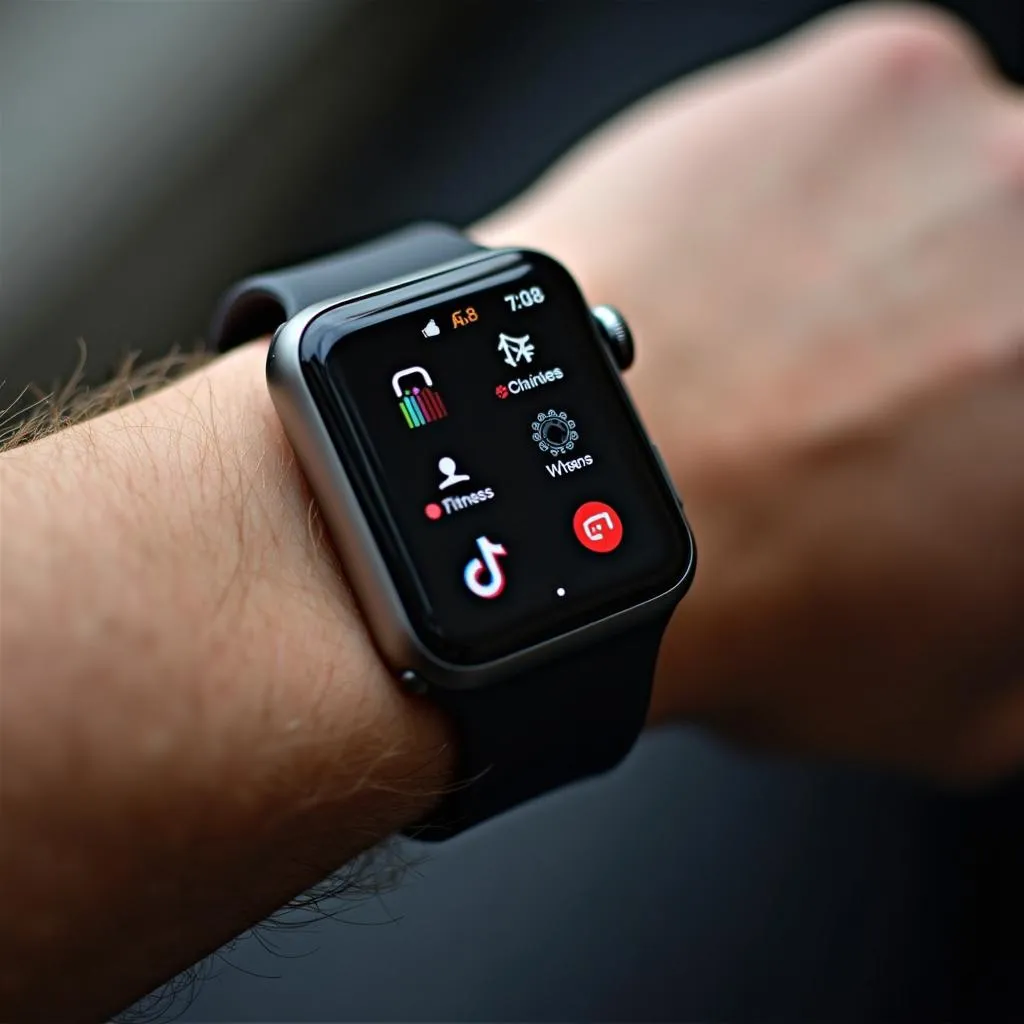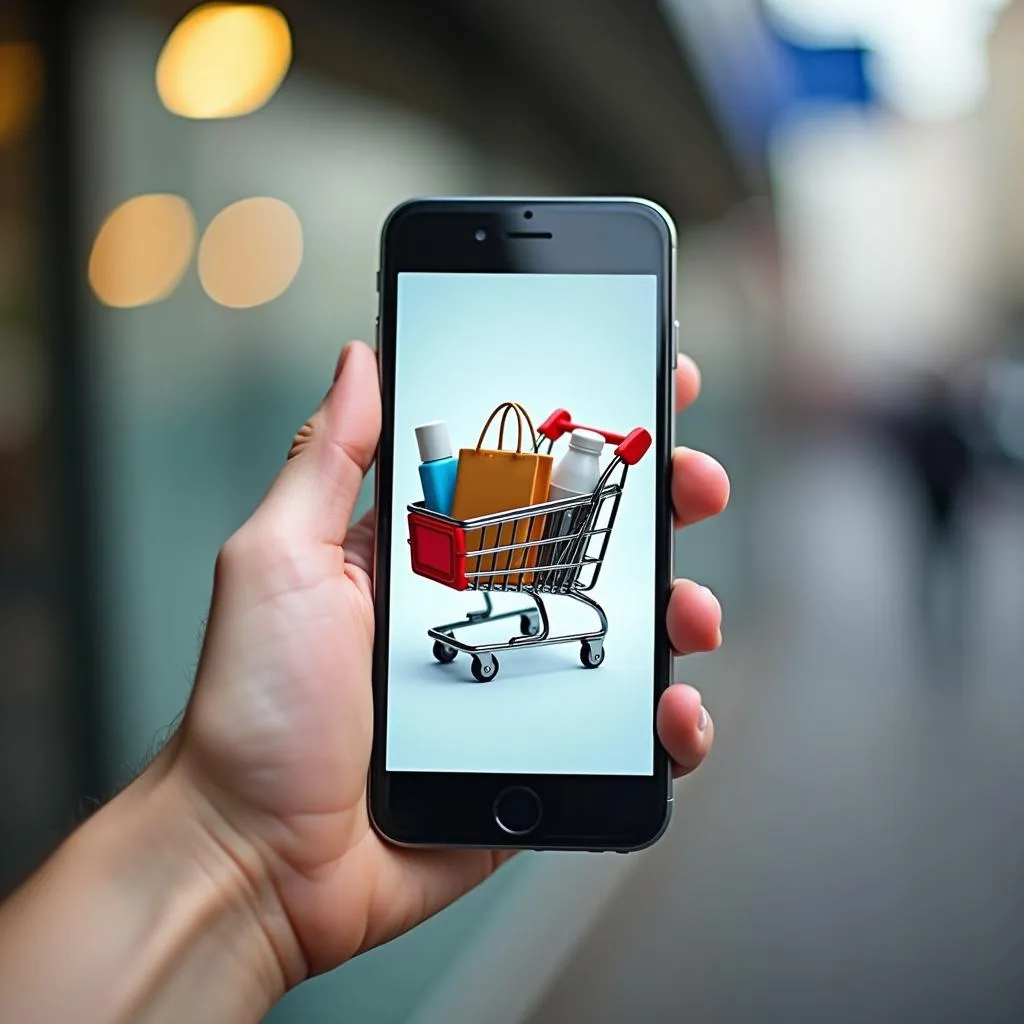Introduction to the Topic
Describing a recent purchase is a common topic in IELTS Speaking tests, particularly in Part 2. This theme allows examiners to assess candidates’ ability to narrate events, express opinions, and use vocabulary related to shopping and consumer behavior. Given its relevance to everyday life, this topic has appeared frequently in past exams and is likely to remain popular in future tests.
Part 1: Introduction and Interview
In Part 1, the examiner may ask general questions about shopping and buying habits. Here are some typical questions you might encounter:
- Do you enjoy shopping?
- What was the last thing you bought for yourself?
- Do you prefer shopping online or in physical stores?
Let’s look at a sample answer for the second question:
Examiner: What was the last thing you bought for yourself?
Candidate (Band 7-8 response): The last item I purchased for myself was actually a smartwatch. I’d been contemplating getting one for a while, and I finally took the plunge last week. It’s been quite handy so far, helping me track my fitness goals and stay on top of my notifications without constantly checking my phone.
 Smartwatch on a wrist
Smartwatch on a wrist
Part 2: Long Turn
For Part 2, you’ll be given a cue card with a topic to speak about for 1-2 minutes. Here’s a sample cue card related to describing a recent purchase:
Describe a recent purchase you made
You should say:
- What you bought
- Where you bought it
- Why you decided to buy it
- And explain how you felt about the purchaseSample Answer (Band 6-7)
I’d like to talk about a recent purchase I made – a new laptop. I bought it from an electronics store in the city center about two weeks ago.
I decided to buy it because my old laptop was really slow and outdated. It couldn’t run the new software I needed for work, so I knew it was time for an upgrade. I spent some time researching different models online before going to the store.
When I got there, I was able to try out a few different laptops. I chose one that had good reviews and seemed to have all the features I needed. It was a bit expensive, but I thought it was worth it for something I use every day.
 Laptop on a desk workspace
Laptop on a desk workspace
After buying it, I felt excited but also a little nervous. I was happy to have a new, faster computer, but I was worried about setting it up and transferring all my files. However, once I got it home and started using it, I felt really satisfied. It’s much faster than my old laptop and makes my work much easier.
Overall, I’m really pleased with this purchase. It was definitely a good decision, and I think it will serve me well for several years.
Sample Answer (Band 8-9)
I’d like to delve into a recent acquisition of mine – a state-of-the-art laptop that I procured from a reputable electronics retailer in the heart of the city about a fortnight ago.
The impetus behind this purchase was the gradual obsolescence of my previous device. It had begun to struggle with the demands of cutting-edge software essential for my professional endeavors, signaling that an upgrade was long overdue. Prior to making the purchase, I conducted extensive research, meticulously comparing various models and their specifications online.
Upon arriving at the store, I had the opportunity to test several laptops hands-on. I ultimately opted for a model that had garnered stellar reviews and boasted all the features I deemed necessary. While it came with a hefty price tag, I justified the expense considering its daily utility and potential to enhance my productivity.
Post-purchase, I experienced a mix of exhilaration and trepidation. The prospect of working with a cutting-edge machine was thrilling, but the daunting task of setting it up and migrating my data loomed large. However, once I familiarized myself with the new system, any lingering doubts quickly dissipated. The marked improvement in speed and performance has significantly streamlined my workflow.
In retrospect, this purchase has proven to be an astute investment. The enhanced capabilities of this laptop have not only met but exceeded my expectations, and I’m confident it will serve me admirably for years to come.
Follow-up Questions
- How often do you make big purchases like this?
- Do you think people are buying more things online now than before?
Sample Answer (Band 7-8):
- I don’t make big purchases very often. I’d say I only splurge on expensive items maybe once or twice a year. I prefer to save up for things I really need or want, rather than impulse buying.
- Absolutely, I think online shopping has skyrocketed in recent years. The convenience of being able to compare prices and read reviews from the comfort of your own home is really appealing to many people. Plus, with the pandemic, a lot of people have gotten into the habit of shopping online for safety reasons.
 Online shopping cart on phone
Online shopping cart on phone
Part 3: Two-way Discussion
In Part 3, the examiner will ask more abstract questions related to the topic. Here are some possible questions and sample answers:
Examiner: Do you think advertising influences people’s buying decisions?
Candidate (Band 7-8): I believe advertising plays a significant role in shaping consumer behavior. Clever marketing campaigns can create artificial needs and persuade people to buy products they might not otherwise consider. However, I think the extent of influence varies depending on the individual. Some people are more susceptible to advertising, while others are more critical and research-oriented in their purchasing decisions.
Examiner: How do you think shopping habits might change in the future?
Candidate (Band 8-9): I envision shopping habits undergoing a radical transformation in the coming years. With the rapid advancement of technology, we’re likely to see an increased integration of virtual and augmented reality in the shopping experience. This could allow consumers to virtually try on clothes or visualize furniture in their homes before making a purchase. Additionally, I anticipate a shift towards more sustainable consumption, with consumers becoming increasingly conscious of the environmental impact of their purchases. This might lead to a rise in popularity of second-hand markets, rental services, and products made from recycled materials. Furthermore, personalized shopping experiences driven by AI and big data analytics are likely to become more prevalent, offering tailored recommendations based on individual preferences and behavior patterns.
Key Vocabulary and Phrases
To achieve a high score in IELTS Speaking, it’s crucial to use a range of sophisticated vocabulary and expressions. Here are some key terms related to describing purchases:
- Procure (verb) /prəˈkjʊər/ – to obtain something, especially with care or effort
Example: “I managed to procure a rare first edition of my favorite book.” - Obsolescence (noun) /ˌɒbsəˈlesns/ – the process of becoming outdated or no longer used
Example: “The rapid obsolescence of technology makes it challenging to keep up with the latest gadgets.” - Astute (adjective) /əˈstjuːt/ – having or showing an ability to accurately assess situations or people
Example: “His astute investment decisions have led to significant financial gains.” - Impetus (noun) /ˈɪmpɪtəs/ – the force that makes something happen or makes it happen more quickly
Example: “The new project gave impetus to our company’s growth.” - Scrutinize (verb) /ˈskruːtənaɪz/ – to examine or inspect closely and thoroughly
Example: “I always scrutinize the terms and conditions before signing any contract.”
Examiner’s Advice
To excel in the IELTS Speaking test, particularly when describing a recent purchase:
- Practice narrating events in a logical sequence, using appropriate tenses and time markers.
- Expand your vocabulary related to shopping, consumer behavior, and personal preferences.
- Develop your ability to express opinions and justify your choices.
- Work on your fluency by practicing speaking for extended periods without long pauses.
- Use a variety of sentence structures to demonstrate your language proficiency.
- Incorporate idiomatic expressions naturally in your speech.
- Be prepared to discuss broader topics related to consumerism and shopping trends.
Remember, the key to success in IELTS Speaking is not just about what you say, but how you say it. Confidence, fluency, and the ability to express complex ideas clearly are all crucial factors in achieving a high score.


